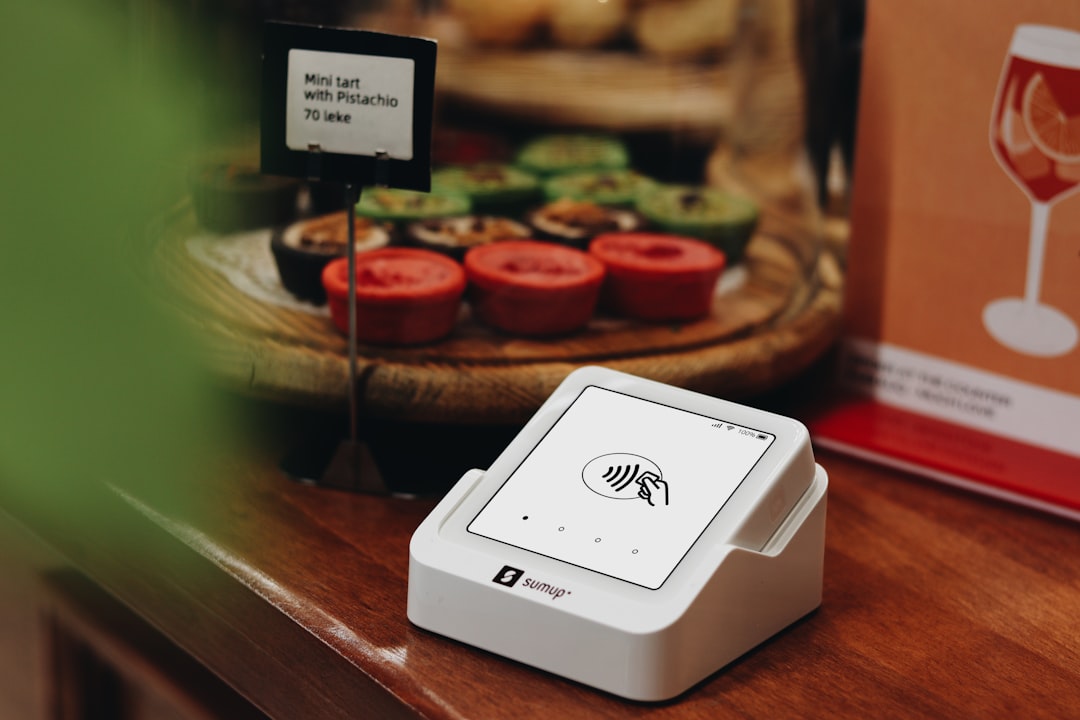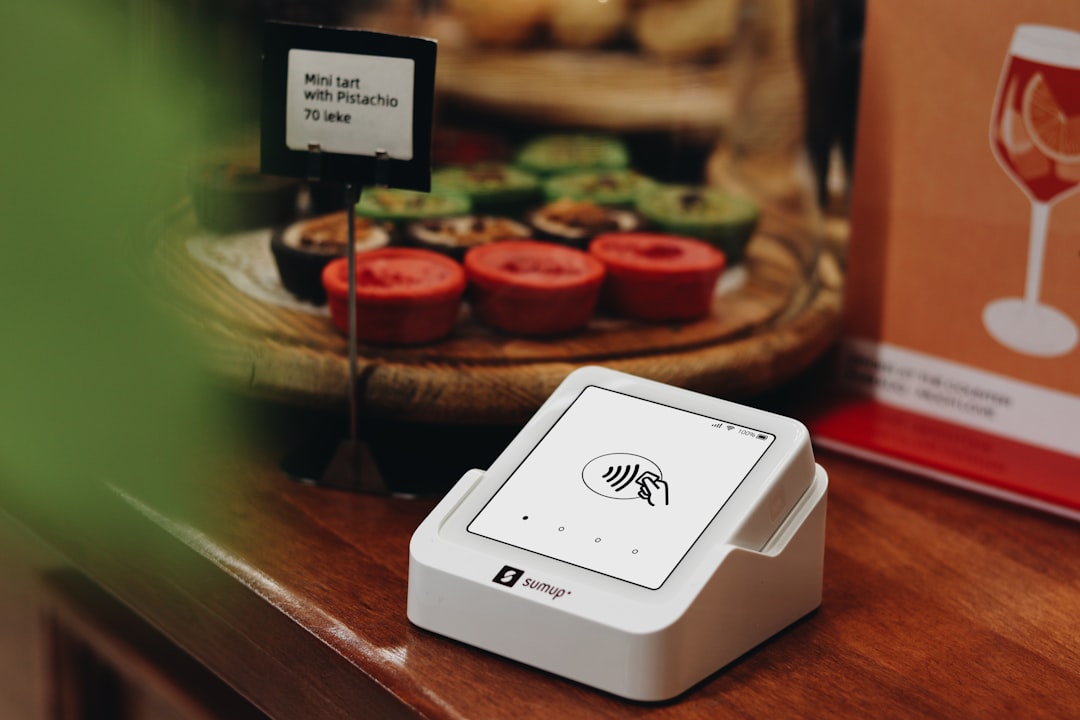In New Jersey, residents have strong protections against robocalls, with federal laws like the Telephone Consumer Protection Act (TCPA) and state initiatives. You can sue for damages if you receive unwanted prerecorded or automated calls. The Attorney General's Office prosecutes telemarketing fraud, and consumer advocacy groups help educate and empower individuals to take action, including exploring lawsuit options under TCPA. Effective strategies to reduce robocalls include registering on the National Do Not Call Registry and using call-blocking tools. Consulting with a legal professional can guide you in understanding your rights and taking proactive measures against these nuisances.
In the digital age, robocalls have become a pervasive nuisance in New Jersey, impacting countless consumers. This article delves into the rising issue of automated phone calls, exploring their effects on NJ residents and the legal avenues available to combat them. We examine consumer rights and protections, including the potential to ‘Can I Sue For Robocalls New Jersey?’ Additionally, we highlight the vital role of advocacy groups in navigating this complex landscape and provide effective strategies to mitigate robocall intrusion.
Understanding Robocalls and Their Impact in New Jersey

Robocalls, automated phone calls that deliver recorded messages, have become a pervasive issue for many residents in New Jersey (NJ). While some robocalls promote legitimate services or organizations, a significant portion is deemed unwanted and often fraudulent, leading to substantial distress among recipients. These calls can range from marketing and political messages to scam attempts, offering false promises or demanding immediate actions with threats. The sheer volume of these automated calls has prompted many NJ residents to wonder, can I sue for robocalls in New Jersey?
The impact of robocalls extends beyond mere annoyance, causing stress, disrupting daily routines, and even fostering a sense of insecurity. In NJ, where privacy laws are stringent, residents have certain rights and protections against excessive or unauthorized robocalling activities. Understanding these rights is crucial for those seeking to hold culprits accountable, especially when dealing with persistent or malicious calls.
Consumer Rights and Protections Against Robocalls

In New Jersey, consumers have several rights and protections against robocalls. The Telephone Consumer Protection Act (TCPA) is a federal law designed to curb excessive telemarketing and protect individuals from unwanted calls. Under this act, you have the right to sue for damages if you’ve received prerecorded or automated calls without your prior consent. If you’re a victim of robocalls in NJ, you can take legal action against the callers.
Additionally, New Jersey has its own laws that enhance federal protections. The state’s Attorney General’s Office actively prosecutes cases of telemarketing fraud and excessive robocalls. Consumers can file complaints with the AG’s office and seek compensation for harassing calls. If you believe you’ve been wrongfully targeted by robocalls, it’s advisable to document the calls and contact information of the callers. This evidence can be crucial if you decide to Can I Sue For Robocalls New Jersey and pursue legal recourse.
Navigating Legal Options: Can You Sue for Robocalls?

If you’re a resident of New Jersey and have been receiving unwanted or fraudulent robocalls, you may be wondering if legal action is an option. The good news is that in many cases, yes, you absolutely can sue for robocalls. The Telephone Consumer Protection Act (TCPA) was enacted to protect consumers from precisely this type of harassment. Under the TCPA, businesses and callers are prohibited from using automated dialing systems or prerecorded messages to make unsolicited calls to mobile phones or landlines without prior express consent.
If you can prove that a company or individual has violated this act by bombarding you with robocalls, you may be entitled to damages, including monetary compensation for each violation. These lawsuits can help stop the calls and potentially recover costs associated with them. Remember, gathering evidence like call records and saving any communications related to the robocalls can significantly strengthen your case if you decide to pursue legal action in New Jersey.
The Role of Consumer Advocacy Groups in NJ

In New Jersey, consumer advocacy groups play a pivotal role in protecting residents from unwanted and harassing robocalls. These organizations serve as watchdogs, educating the public about their rights and advocating for stricter regulations on telemarketing practices. They work tirelessly to ensure that consumers have a voice and can take action against violators, including potential lawsuits for robocalls under New Jersey laws.
By organizing campaigns, hosting workshops, and providing legal resources, these groups empower individuals to stand up against abusive calling practices. They lobby for policy changes at the state level, pushing for more stringent penalties and better enforcement mechanisms. Their efforts have led to increased awareness and more robust protections for New Jerseyans facing persistent robocalls, offering them the means to explore options like suing for robocalls if necessary.
Effective Strategies to Stop and Prevent Robocalls

Robocalls can be a nuisance, but there are effective strategies to stop and prevent them. One key step is to register your number on the National Do Not Call Registry, which can significantly reduce the volume of automated calls you receive. Additionally, utilizing call-blocking apps or software designed to filter out unwanted robocalls can be highly effective. Many modern smartphones have built-in features for this purpose.
For those considering legal action against robocallers, it’s important to know that in New Jersey, as in many states, there are laws protecting consumers from excessive or deceptive phone calls, including robocalls. If you believe you’ve been harmed by robocalls, consulting with a consumer advocacy attorney to explore your options, including potential lawsuits under the Telephone Consumer Protection Act (TCPA), can be a wise step. Understanding your rights and taking proactive measures is crucial in mitigating the impact of robocalls.






